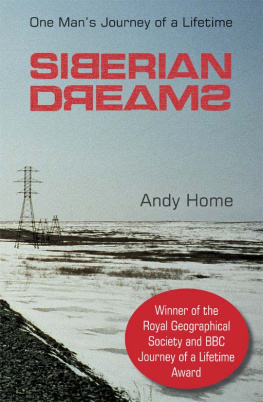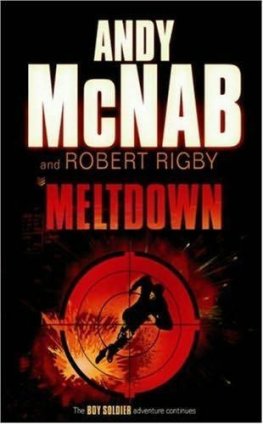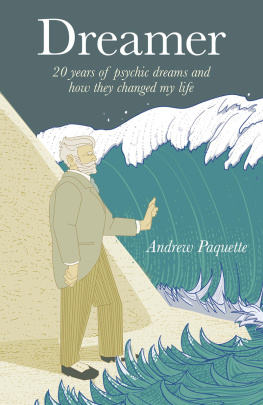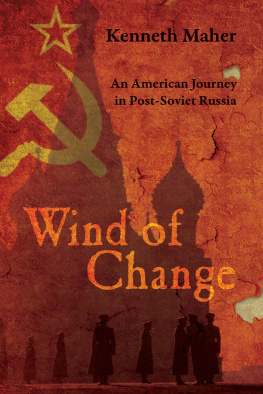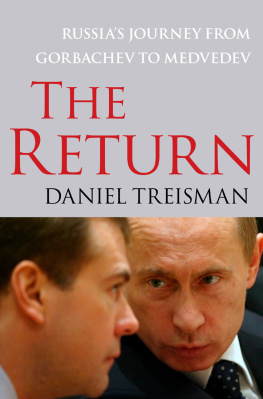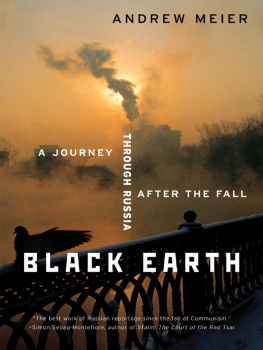

Copyright Andy Home 2006
All rights reserved. Apart from brief extracts for the purpose of review, no part of this publication may be reproduced, stored in a retrieval system, or transmitted in any form or by any means, electronic, mechanical, photocopying, recording or otherwise without the permission of the publisher.
Andy Home has asserted his right under the Copyright, Designs and Patents Act 1988 to be identified as the author of this work.
Siberian Dreams
1st Edition
Date 2007
Published by Eye Books Ltd
Eye Books
29 Barrow Street
Much Wenlock
Shropshire
TF13 6EN
website: www.eye-books.com
ISBN 10: 1 903070 51 1
ISBN 13: 978 1 903070 51 2
British Library Cataloguing in Publication Data
A catalogue record for this book is available from the British Library
Set in Frutiger, ITC Garamond and Helvetica Inserat
Cover design by Peter Scott
Printed and bound in Great Britain by Creative Print and Design

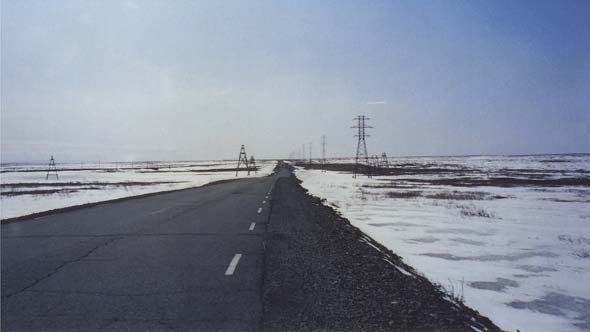
Norilsk-Dudinka Road, Siberia
Dedication
To John Pilkington, founder of the Journey of a Lifetime Award, and the Royal Geographical Society, for believing that the world must always be re-discovered.
CONTENTS
INTRODUCTION
I first heard about the Journey of a Lifetime award from a friend.
Fifteen years of comfortable middle-class life in a leafy suburb of London had recently dissolved into bankruptcy and redundancy, both of my employer and my personal relationship. Forcing myself to focus on the dwindling positives in my life - free time, no commitments, and a hard-fought-for but ultimately generous pay-off - Id decided to take a year out of the rat race and fulfil some long-cherished travel schemes.
That year had passed wonderfully but all too quickly and Id returned from my journeying to try and figure out what to do with the second part of my life. I was contemplating my long-out-of-date CV when the phone rang.
My friend Pete had just heard about the Journey of a Lifetime award on Radio 4. A joint annual initiative between the BBC and the Royal Geographical Society, the deal is deceptively simple. You write in with the details of the journey youd most like to make, and if they like your idea more than anyone elses, you get 4,000 to undertake it and make a radio programme for the BBC about your experiences.
You could go to that place in Russia youre always banging on about, Pete said.
Its not every day you get offered money to take your trip of a lifetime. It seemed ridiculous NOT to write in, particularly since I was struggling to think of how exactly I was going to pick up the pieces of my shattered life. My journey of a lifetime might be bizarre enough to at least catch someones eye in the hundreds of application letters that would flood in to the Royal Geographical Society.
What Pete said was true. I had been banging on about the place for years. What had started as a joke among work colleagues - Behave, or Ill send you on a fact-finding mission to Norilsk! - had slipped unnoticed into my sub-conscious over the course of time. Not strong enough to be called accurately an obsession, it had nevertheless become a familiar part of my mental furniture, a curiosity to be trotted out occasionally during late-night ramblings with friends about weird travel destinations.
I admit I was unusual in even knowing of the existence of this mining city in Russias frozen Siberian expanses. I only did so thanks to my career as a financial journalist. Id written about commodity markets and then Id progressed to managing other people who wrote about commodity markets. Oil, gas, grain, sugar, coffee, cocoa and rubber - most of us take them for granted, and most of us are blissfully unaware of the powerful forces that make these building blocks of life some of the most volatile markets in the ever-expanding world of global trading.
My area of special expertise encompassed the markets for industrial metals such as copper, aluminium, nickel and zinc, the raw materials that invisibly facilitate much of our modern, day-to-day life.
Norilsk is a massive producer of metals. Inside the Arctic Circle, literally in the middle of nowhere, some 200,000 inhabitants live and work around its sprawling network of mines and metallurgical factories. Winter lasts eight months. Temperatures drop to levels I find impossible to get my head round. It has periods of both twenty-four-hour night and, during the brief summer, twenty-four-hour daylight. Its the biggest single source of industrial pollution in Russia, which means its off the scale of any other developed country.
The more Id written about the metals that spewed out of this Siberian giant, the more Id wondered about the people who lived there. My career as a financial journalist had not been planned. It had resulted from a couple of fortuitous turns in an otherwise directionless path. Was that also how you ended up working in a polluting metals plant in what must be a strong candidate for the worlds grimmest city? And if a couple of lifes rolls of the dice had brought you there, why on earth would you stay?
With my growing curiosity about life in this alien city had come a different set of questions. Questions about Russia. Norilsks history is as alien as its climate, but it is one that has melded the place into a refracted Siberian reflection of Russias uniquely weird development over the second half of the twentieth century.
From a gleam in Josef Stalins eye in the 1930s, Norilsk was born as a prison camp in the Soviet gulag system and remained so until after his death in the 1950s. Then, like many other camps, it metamorphosed into a closed city, part of the Soviet Unions huge military-industrial complex, near invisible to outside eyes. Only with the fall of the Berlin Wall in 1989, and the resulting tidal wave of change that swept eastwards, did Norilsk emerge into at least partial daylight.
Its only customer, the Soviet military, had just gone out of business and it survived in the only way it could, by exporting its metals to the West, to us. It was still touch and go as to whether it would survive, though. There were times in the 1990s when the miners werent paid for months, the power stations were failing and the company which ran the whole place, Norilsk Nickel, was technically bankrupt. And to rub salt into the wound, most Russians had just seen their savings wiped out, which meant that no one had any money to leave Norilsk, whether they wanted to or not.
Since then, though, it had hauled its way back into profitability thanks to the intervention of the enigmatic Interros Group, the corporate embodiment of one of Russias new oligarchs.
The multiple personality changes of this far-flung city made me come to view Norilsk as an Arctic palimpsest of all the drunken lurches in Russias stagger to the new millennium.
I had never been to Russia. I consider myself both a moderately literate and well-travelled man, but Russia in any living sense was a void to me. Beyond a schoolboy knowledge of its history and a lot of dry financial facts and figures, my visualisation of the place didnt extend much beyond a random collage of parts of the film
Next page
